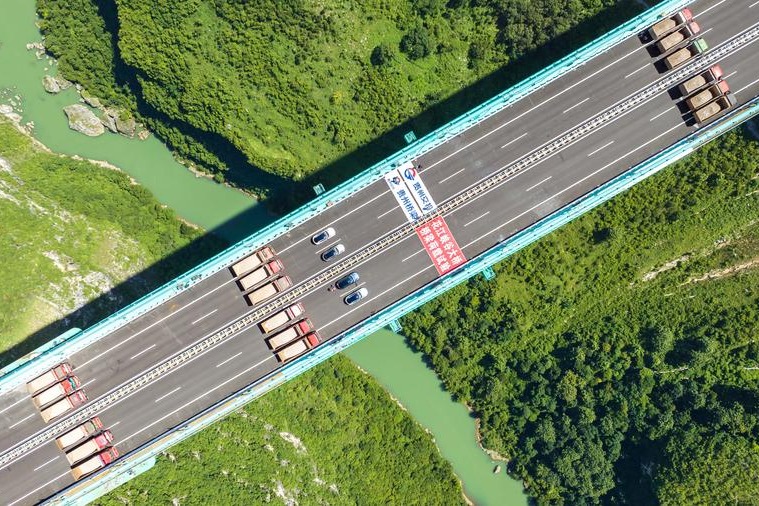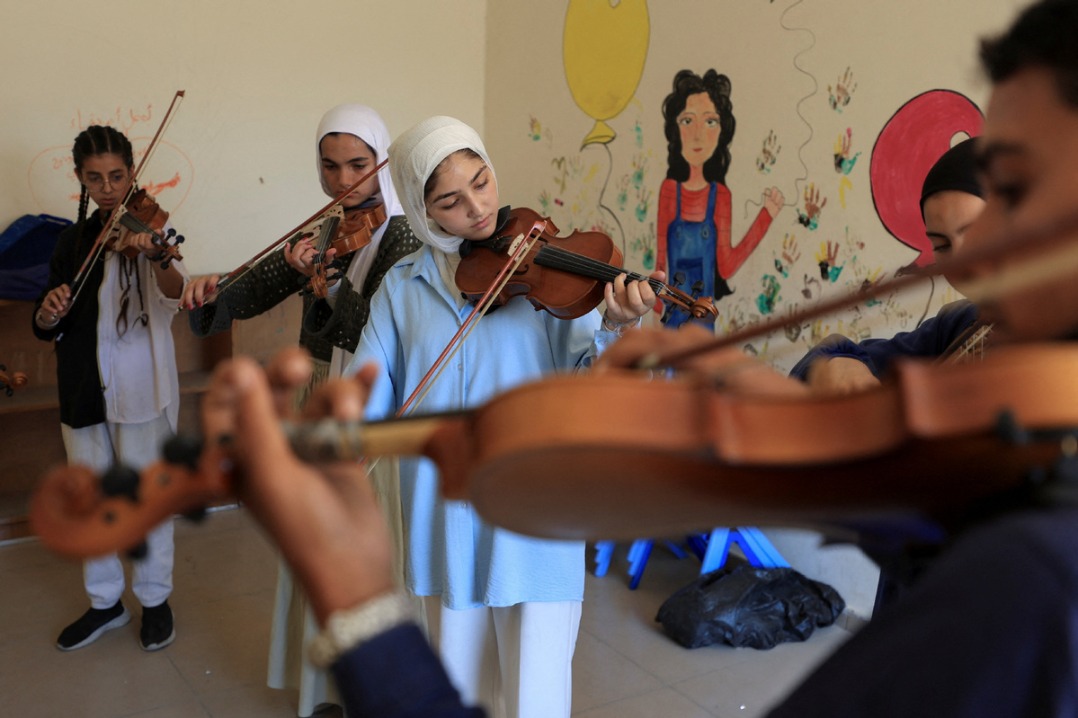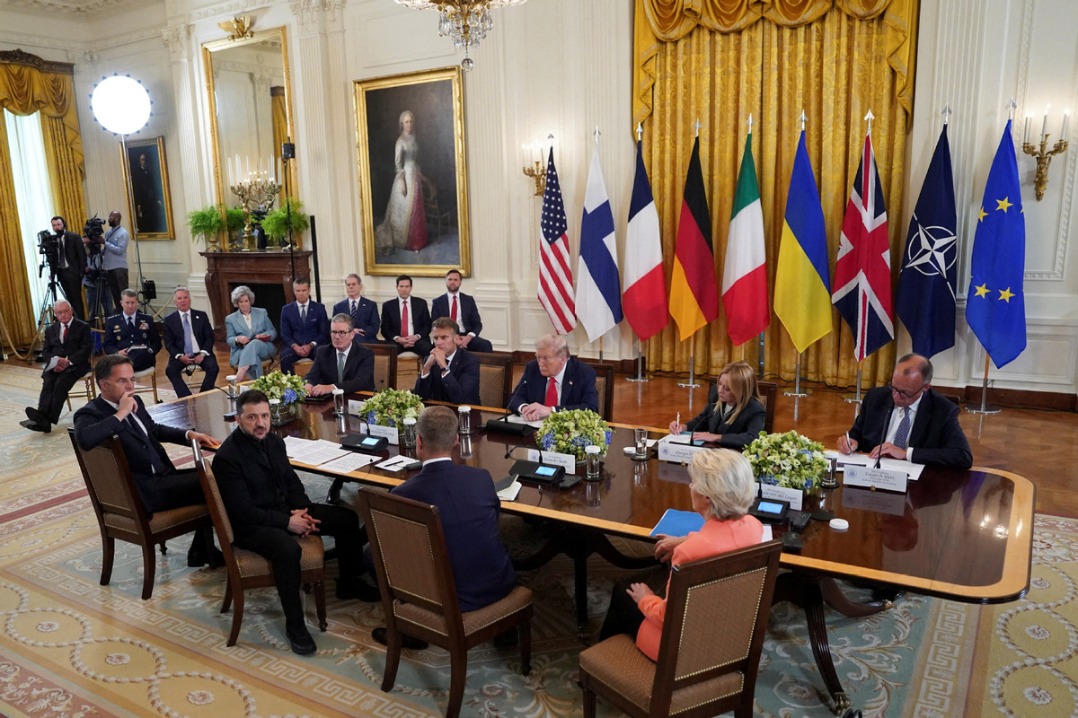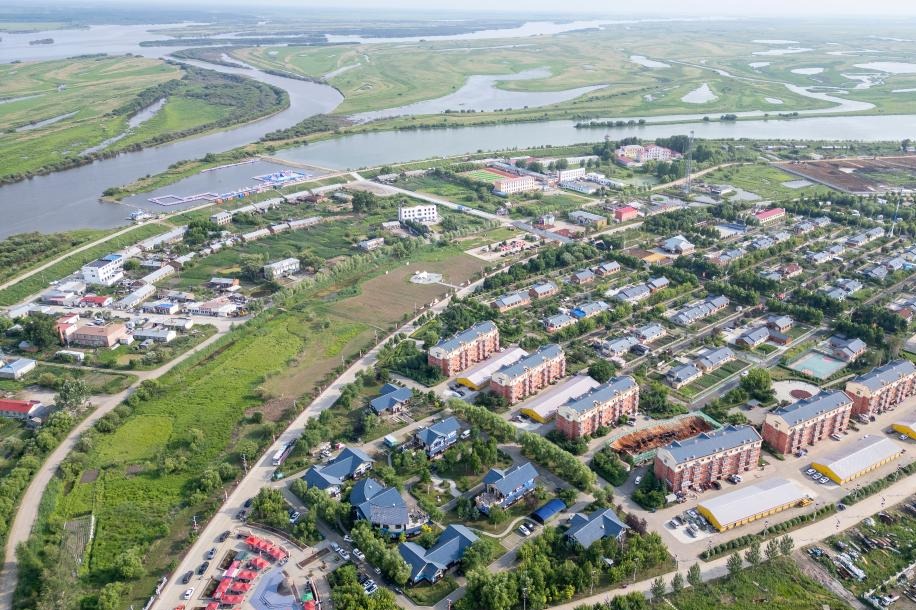China, ROK should strive for stable and healthy relations


Foreign Minister Wang Yi reaffirmed China's consistent stance on fostering stable and healthy bilateral ties with the Republic of Korea during his meeting with Park Byeongseug, special envoy of ROK President Lee Jae-myung, in Beijing on Sunday.
Since the establishment of diplomatic relations 33 years ago, the two countries have transcended differences in ideology and social systems, moved forward hand-in-hand and achieved mutual success.
This has not only enhanced the well-being of the people of the two countries, but also made positive contributions to promoting regional peace, stability, development and prosperity.
At a time when uncertainties in international and regional affairs are increasing, Wang underscored China's readiness to uphold the original spirit of their diplomatic engagement, promote good-neighborliness and friendship, and pursue win-win cooperation. He called for joint efforts to advance the China-ROK strategic cooperative partnership and deliver greater benefits to both nations, a consensus reached by the two countries' heads of state in their phone call on June 10.
Guided by this vision, the two countries should work together to inject stability into the regional and global landscape, safeguard multilateralism and free trade, and jointly resist unilateralism, protectionism and attempts at "decoupling".
Both China and the ROK are beneficiaries and defenders of free trade. In the face of unilateralism and bullying, the two countries should jointly oppose acts of "decoupling" and maintain the stability and smooth the operation of the global industry and supply chains.
As this year marks the 10th anniversary of the entry into force of the China-ROK Free Trade Agreement, the two countries should speed up the second phase of negotiations on the FTA.
China's economy maintains strong growth and resilient vitality and will continue to bring new opportunities to countries, including the ROK, with high-quality development.
As Wang noted, China maintains stability and continuity in its policy toward the ROK, and the two neighbors should continually expand common interests, foster greater goodwill, properly handle sensitive issues, and promote the steady and long-term development of bilateral relations on the right track.
This year also marks the 80th anniversary of the victory in the Chinese People's War of Resistance Against Japanese Aggression (1931-45) and the World Anti-Fascist War, as well as the 80th anniversary of the liberation of the Korean Peninsula.
China is willing to work with all peace-loving countries and people to jointly safeguard the outcomes of the victory in World War II and international fairness and justice. It is hoped the ROK will work with China to safeguard the international free trade system together, jointly oppose trade protectionism, practice the concept of multilateralism, enhance communication and coordination within the framework of the United Nations and other international bodies, and effectively respond to regional and global challenges.
It is good to hear the special envoy of the ROK president actively echo Wang's calls in expressing the ROK's willingness to work together with China to implement the consensus reached by the two heads of state, enhance high-level exchanges, expand practical cooperation for the future and increase people-to-people and cultural exchanges in education, youth and other fields.
By emphasizing that the ROK is willing to develop relations with China and other major countries in parallel, Park seemed to try and make Beijing rest assured of Seoul's readiness to uphold the ROK's strategic autonomy in handling relations with major countries.
If the current ROK government can match its words with deeds, it can not only avoid repeating its predecessor's inexpediency, but also better align the ROK with neighboring countries to jointly maintain regional peace, stability, development and prosperity.


































